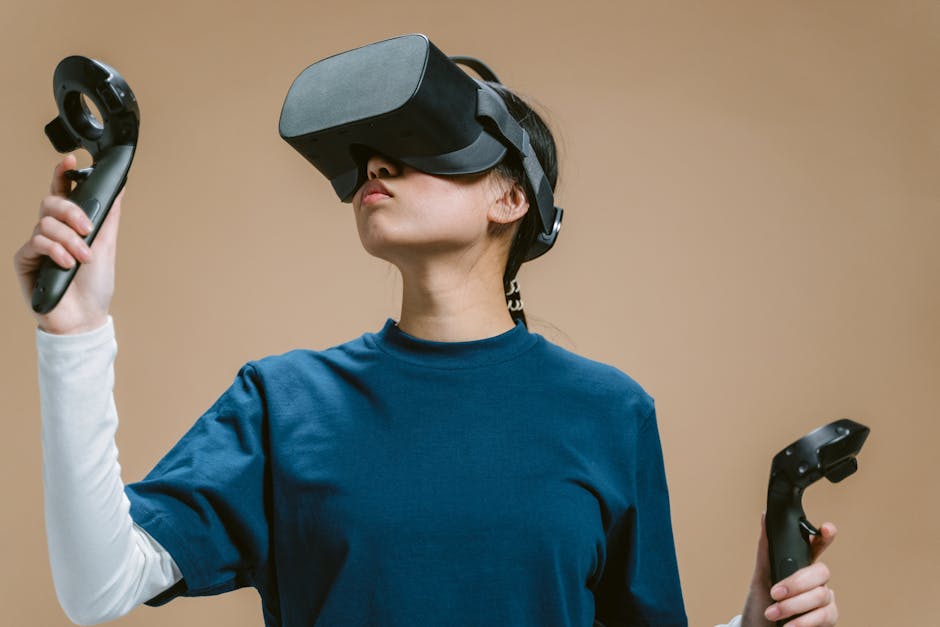A pivotal application of AI in future legal proceedings lies in the realm of legal research and analysis. Current methods often involve manual sifting through mountains of legal documents, a tedious and time-consuming process. AI, armed with sophisticated natural language processing (NLP) capabilities, can rapidly and accurately extract pertinent information, identify legal precedents, and synthesize complex legal arguments. This streamlined process could dramatically reduce the time required for legal research, enabling lawyers to dedicate more time to strategic planning and client interaction.
Imagine a scenario where an AI system, trained on a vast database of legal codes and rulings, is capable of identifying analogous cases and predicting the potential outcomes of a specific legal dispute. Such predictive capabilities could assist in determining the viability of a case, offering potential legal strategies, and even assisting in settlement negotiations. While this ability is undeniably promising, it also raises crucial concerns about algorithmic bias. If the training data reflects existing societal prejudices or legal imbalances, the AI could perpetuate and amplify these inequities, leading to unfair or inaccurate legal outcomes. Rigorous oversight and ongoing evaluation of the training datasets are essential to mitigate these risks.
Beyond research, AI also shows promise in automating administrative tasks within legal systems. Processing paperwork, scheduling hearings, and managing court records are time-consuming procedures that can be significantly streamlined through AI-powered automation. Automated document review, for example, could help expedite investigations, reduce errors, and free up valuable resources for legal professionals. Such automation could be particularly impactful in high-volume cases, significantly reducing the administrative burden on judges and legal staff.
Another area of potential transformation is in preparing and presenting evidence in court. AI can analyze vast amounts of data, identify patterns, and create visualizations that make complex information accessible to judges and juries. Imagine using AI-generated infographics to display intricate financial records or crime scene reconstructions, significantly enhancing the clarity and persuasiveness of legal arguments. However, the admissibility of AI-generated evidence remains a crucial legal consideration. The courts need to establish clear guidelines regarding the reliability and trustworthiness of such evidence.
The use of AI in legal discovery holds considerable potential. AI can scour vast amounts of data, such as emails, documents, and social media posts, to identify relevant information in a fraction of the time it would take a human. This ability is especially useful in complex cases involving large amounts of data. By automating the identification of pertinent information, AI can significantly reduce the costs associated with legal discovery and expedite the process. Nonetheless, concerns around data privacy and the potential for misuse of such information are legitimate, requiring robust safeguards and legal frameworks.
Yet, the implementation of AI in legal procedures also presents a plethora of practical challenges. The costs associated with acquiring and maintaining advanced AI systems might pose a barrier for smaller law firms or individuals who cannot afford the technology. Data security and privacy are also paramount considerations. Protecting sensitive client information from unauthorized access and misuse is of utmost importance. Guaranteeing that AI systems operate fairly and impartially is a critical step to ensure fairness and justice, and addressing potential biases requires extensive testing and validation.
Moreover, the integration of AI in legal proceedings raises profound questions about the role of human judgment and expertise. While AI can automate and analyze data, it lacks the critical context understanding and empathy that seasoned legal professionals possess. Consequently, it’s crucial that AI remains a tool to augment human capabilities, not replace them entirely. Human oversight and judgment are essential to ensure that AI applications are used ethically and responsibly.
Finally, the legal framework itself needs adaptation to accommodate the use of AI. Questions of liability and responsibility emerge when AI systems make mistakes in legal proceedings. Who is responsible if an AI-driven prediction proves incorrect or if an AI system misinterprets evidence? Clear legal precedents and regulations are needed to establish accountability and address these emerging challenges.
In conclusion, AI’s potential influence on future legal procedures is substantial. From streamlining research to automating tasks and enhancing evidence presentation, AI offers remarkable opportunities to improve efficiency, accuracy, and access to justice. However, careful consideration must be given to the ethical implications, practical challenges, and necessary legal adaptations. As AI continues to evolve, its responsible and equitable integration within the legal system is essential for maintaining fairness, transparency, and the fundamental principles of justice. Striking this delicate balance will be crucial for harnessing AI’s transformative potential while mitigating its inherent risks.












